Precision Machining

Overall Course Objectives
The objective of the course is to enable the students to use the capabilities of precision machining processes to produce complex components with high accuracy and very fine functional surfaces. The students will learn about state of the art solutions for precision machining including cutting tool materials and tool wear, precision machine tools, thermal and mechanical errors, machining strategies, advanced analytical modelling tools, error suppression and error compensation strategies, fine abrasive processes. During the course the students will be introduced to the use of computer aided manufacturing (CAM) as a software tool to execute machining operations. The course focuses on precision machining of metals and alloys.
Learning Objectives
- Assess the suitability of different processes for the production of a specified component with focus on accuracy, surface quality and integrity and energy efficiency
- Explain the correlation between controllable process parameters and part quality
- Apply advanced modelling tools for force and geometrical error prediction in machining processes
- Apply advanced models for surface generation prediction in machining processes
- Describe tool wear phenomena and apply methods to characterize tool wear and tool life
- Describe and quantify the effects of mechanical and thermal errors on part geometry
- Apply laboratory equipment to measure tool wear, cutting forces, machine tool mechanical and thermal errors
- Describe the characteristics of abrasive processes and diamond machining for ultraprecision surface generation
- Use CAM to plan and execute a machining operation
- Perform process optimization with respect to machining and abrasive processes
Course Content
Processes based on material removal, machining process configurations, controllable process parameters and part quality characteristics, mechanics of machining, calculation of cutting forces in complex machining operations, tool and machining system deflection and compensation, surface topography generation modelling, surface integrity, cutting tool geometries and materials, tool wear phenomena, tool wear measurement, tool life, cutting fluids, machine tool mechanical and thermal errors, machining using monocrystalline diamond tools, mechanics of abrasive processes, abrasive processes for ultrafine surfaces, computer aided manufacturing (CAM), sensors and measuring equipment for machining operations.
Computer exercises (M-databar computers with remote access). Computer exercises do not require programming experience.
Laboratory exercises.
Recommended prerequisites
41784/41787/41788/41659
Teaching Method
Lectures and project work. Project work is carried out in groups. Groups are formed during the first week.



